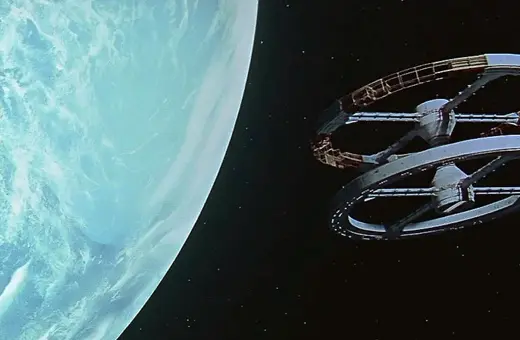Utility, or usefulness, is an invisible thread that runs through and organises every aspect of our society. It is a basic, universal and inescapable measure of all worth in modern lives.
This is obvious in our attitudes to work and education. Economics treats utility as a measurable quantity which serves, and even dictates, decision-making. Many academics, particularly in the sciences, now need to justify their research in terms of “impact”, a quantifiable indicator of economic or social contribution. The governments of the US and the UK have cut down on their funding for liberal arts subjects, for lacking an obvious and measurable use. The assumption is that education should be a means to produce future workers.
But even beyond work, leisure is presented as the means to recharge our body and mind so we can keep on working, and is turned into a commodity, to be bought or sold, in the tourism industry.
This has repercussions on our moral discourse too, implying that being useful equals to being good. Anything without use value will be treated as luxury and indulgence, or dismissed as laziness or a moral complacency.
Indeed, in The Protestant Ethic and the Spirit of Capitalism, sociologist Max Weber argued that utility, as an approach to life, may have its historical foundations in the Protestant work ethic.
The use driven approach to life fundamentally denies anything that is not a means to an end. If we really take utility as the only meaningful value, our lives would be merely parts of a never-ending production line – we function as long as we last and then can be replaced. This has been presented as progress, but the endpoint is uncertain: we may arrive at the utopia of economic or technological advancements, or we may come to understand that this is actually a myth of modernity, a distant and never realised promise.
Perhaps going back to the lessons of ancient Chinese Daoism might help us see the limits of our modern and contemporary fixation with usefulness.
The Story of a Useless Tree
In his work The Inner Chapters, the Daoist philosopher Zhuangzi tells the story of a tree which enjoys being useless. This tree has grown to a vast size and is worshiped in the village. Its branches are “too twisted and gnarled to be used for beams or pillars”, while its trunk is “too splotched and split to be used for a coffin” (translated by Brook Ziporyn in his Zhuangzi: The Essential Writings). So one day when a carpenter encounters the tree, he believes the tree to be “worthless lumber”. Yet, the tree responds to the carpenter’s criticism by appearing to him in a dream and asking him:
“What do you want to compare me to, one of those cultivated trees? The hawthorn, the pear, the orange, the rest of those fructiferous trees and shrubs – when their fruit is ripe they get plucked, and that is an insult…Thus do their abilities embitter their lives. That’s why they die young…They batter themselves with the vulgar conventions of the world.” (Ziporyn’s translation)
 SUGGESTED READING
Gender as Identity vs Gender as Norms
By Holly Lawford-Smith
SUGGESTED READING
Gender as Identity vs Gender as Norms
By Holly Lawford-Smith
In this story, the carpenter’s view is in modern western terms utilitarian. Regardless of the size of the tree or its being worshipped, to the carpenter the tree is nothing more than a waste of space. The existence of the tree serves no purpose. However, the tree feels blessed by its uselessness: it survives, while other “useful” trees are cut down, to be used as wood, or damaged by such violence.





















Join the conversation